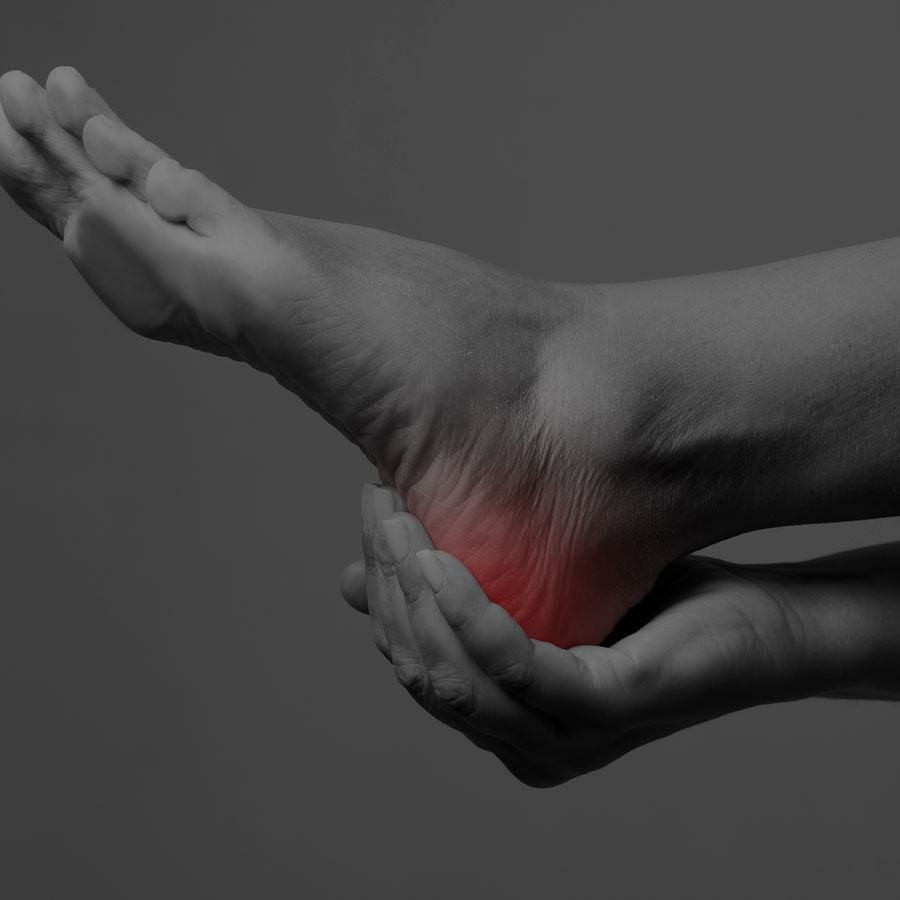Peripheral Neuropathy
What is Peripheral Neuropathy?
Peripheral neuropathy is a condition characterized by damage to the nerves in the extremities, the arms and legs. The peripheral nerves transmit more than just pain signals; they also relay information about temperature and pressure. Consequently, individuals with neuropathy may experience burning, freezing, or throbbing sensations.
This can lead to difficulties with walking, using stairs, and maintaining balance, which increases the risk of falls. Chronic neuropathy symptoms often result in sleep disturbances and a diminished quality of life.
Peripheral neuropathy is a challenging and life-altering condition that is frequently underrecognized until it becomes more difficult to treat effectively. Traditional medical treatments typically involve prescription medications that address all nerves, not just those affected by neuropathy, and primarily serve to mask symptoms. Fortunately, recent advancements in treatment offer promising relief for many individuals suffering from peripheral neuropathy.
Symptoms of Peripheral Neuropathy
- Electrical shock-like pain
- Numbness and pain in your hands or feet
- Burning pain
- Sensitive skin
- Prickly or tingly feeling
- Leg or foot pain
- Cramping
- Increasing fall risk/impaired balance
- Disrupted sleep due to muscle cramping or pain
- Symptoms that start off mild, but worsen progressively and move from toes to the feet, to the legs, and in some cases affect the hands
Treatment for Peripheral Neuropathy
At Sound Pain Solutions, our approach goes beyond merely masking peripheral neuropathy symptoms. Our peripheral neuropathy treatments are specifically designed to rehabilitate nerves. We employ a comprehensive range of therapies, including non-invasive laser therapy, nutritional therapy, bioelectrical therapy, infrared therapy, balance therapy, and more. Detailed descriptions of these peripheral neuropathy treatments can be found below. Eligible patients often experience significant reductions in neuropathy symptoms within weeks, along with improved stamina and balance, contributing to a more active and healthier lifestyle. A study of our bioelectrical therapy demonstrated the results below:
- 85% of patients reported a reduction of their pain by more than 50%
- 73% demonstrated nerve regeneration on ENDF biopsy
- 70% reported improved sleep
- 80% reported improved quality of life
Our bioelectrical therapy utilizes an advanced electronic cell signaling device to restore nerve function by delivering electrical pulses to the affected areas, typically the arms, hands, legs, and/or feet. For some patients, adjunct treatments such as anesthetic injections or supplements may enhance the therapeutic response.
During treatment, microprocessors in the bioelectric therapy machine adjust the wave frequency, amplitude, and polarity, delivering signals up to 20,000 times per second throughout the area being treated. This process promotes cellular repair, reduces pain and inflammation, enhances circulation, and helps restore nerve function.
Call Sound Pain Solutions today for a free consultation at (206) 508-4463 to find out if you’re a candidate for our safe, effective, prescription-drug-free treatment!
Our Approach to Treatment
The unique treatments offered at Sound Pain Solutions clinics don’t mask the symptoms of peripheral neuropathy. They are designed to regain lost nerve function. Healthy nerves don’t send signals of sensations that aren’t really there. Improved nerve metabolism and function means less pain, less numbness and tingling, normal sensation and better balance.
Candidates that qualify for treatment generally experience a reduction in their neuropathy symptoms in a matter of weeks. Also, most patients experience increased stamina and enjoy better balance that leads to a healthier more active lifestyle.
Non-Surgical & Drug-Free Treatment Options
Bio-Electrical Therapy
Our bio-electrical therapy restores the function of nerves by pulsing electrical signals through the area of impaired function. The result is increased cellular repair, reduction of pain and inflammation, increased circulation, and restoration of function.
Class IV Non-Invasive Laser
Class IV laser therapy uses specific wavelengths of light to create therapeutic effects. Cells can absorb photons of light that can accelerate the repair of managed nerves and provide relief to symptoms including pain, swelling, and limited range of motion.
Non-Surgical Spinal Decompression
The root of nerve degeneration and pain is often related to a spinal condition. If a nerve is receiving pressure from a spinal disc, numbness or nerve pains in the extremities may occur. Nonsurgical Spinal Decompression works by gently stretching the spine, using an advanced piece of equipment. This change takes pressure off the spinal discs by creating negative pressure in the disc. As a result, bulging or herniated discs may retract, taking pressure off nerves in your spine. Spinal decompression promotes movement of water, oxygen, and nutrient-rich fluids into the discs so they can heal.
Clinical Nutrition
Diet and nutrition can play an integral role in helping your body heal. Eating a healthy diet and giving your body the vitamins and supplements it needs can help speed recovery.


